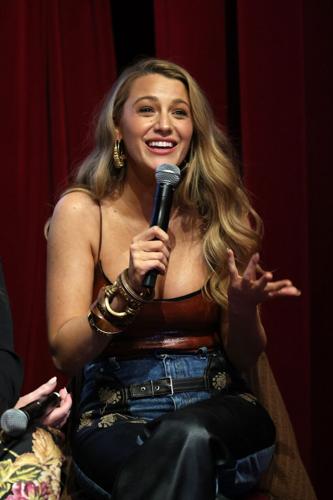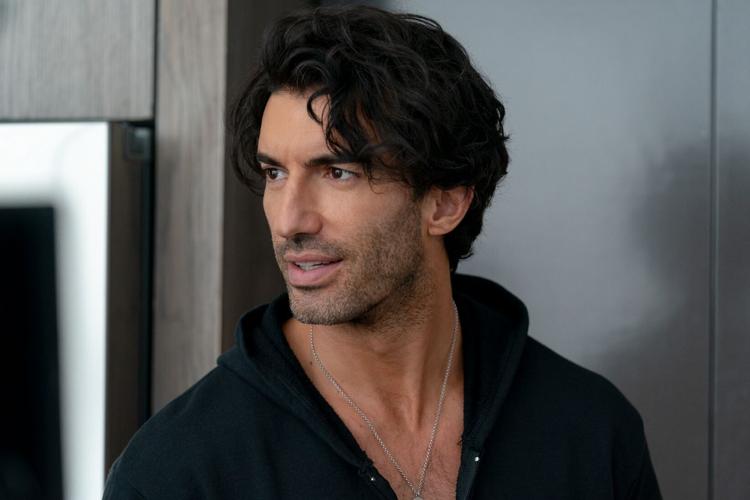There was a great story in “It Ends With Us” but it wasn’t the one that wound up on screen.
Instead, the battle between Justin Baldoni and Blake Lively, the film’s stars, seemed more interesting.
The hint of discord emerged when they were promoting the picture. Did the relationship sour, even though the scenes looked believable?
What stings isn’t the relationship but the corny way the screen story unfolded.
Based on a best-selling novel, “It Ends With Us” follows Lily Bloom (Lively), a free-spirited woman who opens a flower shop in Boston, befriends a neurosurgeon and seems to be headed for the ultimate life of happiness.
The shop is a hit (it’s featured in a magazine!), Lily’s best friend is a hoot and that relationship with the surgeon? It blossoms…but so, too, does his temper.
People are also reading…
When Ryle (Baldoni, who also directed) is triggered, he flies off the handle and slugs the woman in his life.
She tries to overlook his tendencies but when a man from her past (who was involved in an earlier abuse situation) returns, anything is possible.
Baldoni takes his time letting this unfurl and gives Lively plenty of opportunity to look like Kate Hudson’s younger sister. They’re constantly going someplace and when he’s not in scrubs, he’s in cashmere.
His sister (Jenny Slate), meanwhile, is the kooky one who doesn’t need the money but enjoys looking like Rhoda in Mary Tyler Moore’s sitcom. She plays sounding board for Lily and, when necessary, fluffs up arrangements in the Anthropologie-like store.
When they happen to see Lily’s old fling at a restaurant, Ryle becomes suspicious and soon we’re off on one of those jealousy hunts. What doesn’t make sense is how quickly Lily warms to the guy she hasn’t seen in decades. She doesn’t know much about those intervening years, just that he used to be homeless, and she gave him food and a place to sleep.
Now, of course, she’s eager to rekindle the relationship and not say anything to the neurosurgeon.
While Baldoni doesn’t hold back in telling us about Lily’s past (her dad, you see, was abusive, too), he doesn’t quite handle that relationship with Atlas – the homeless guy – in a way that would make sense.
Based on Colleen Hoover’s best seller, “It Ends With Us” spills its secrets before it even gets going. (The title alone should be a clue.) It isn’t afraid, however, to make the abusive life seem less threatening than it actually is. The “yeah, buts” are stacked like so many vases and practically tumble while Lively makes like Sharon Stone in any number of ‘90s films. It’s easy to see how she might cut him a break after one incident. But two? Three? More?
Easily, “It Ends With Us” is too long even with flashbacks. It should have included crucial discussions and a coda that explains how well everyone is doing five, 10 years later. As is, it’s like the stage version of “Waitress” without the songs.
Bruce Miller is editor of the Sioux City Journal.











